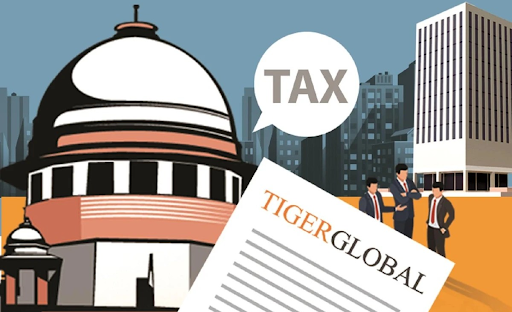Description
_SUITS.jpg)
Disclaimer: Copyright infringement not intended.
Context
- The Supreme Court recently overturned a trial judge's order instructing Bloomberg to remove an article on SEBI's investigation into Zee Entertainment Enterprises (ZEE).
- The ruling sheds light on considerations for pre-trial injunctions and warns against the misuse of Strategic Litigation against Public Participation (SLAPP) suits.
Considerations for Pre-Trial Injunctions
- Test for Pre-Trial Injunctions: The Supreme Court outlined the established three-pronged test used by the trial court judge.
- Mechanical Application Critique: Criticizing the mechanical application of the test, the court emphasized the need for detailed reasoning to justify each prong's satisfaction.
- Additional Factors: The court underscored the importance of additional factors, particularly in cases involving media platforms accused of defamation.
- Balancing Free Speech and Reputation: Judges must strike a balance between the right to free speech and the right to reputation while considering pre-trial injunctions.
Caution Against SLAPP Suits
- Understanding SLAPP Suits: The court elucidated SLAPP suits as litigations initiated by entities with substantial economic power to stifle public awareness and participation in matters of public interest.
- Impact of Injunctions: Injunctions against journalists and media outlets can impede freedom of speech, acting as a "death sentence" for published material.
- Prolonging Litigation: Courts must recognize how injunctions can prolong litigation, hindering free speech and public engagement.

International Precedents and Anti-SLAPP Measures
- Origin of SLAPP Suit Terminology: The term "SLAPP suit" originated in the 1980s and gained prominence through academic works.
- Global Anti-SLAPP Measures: Some international forums, including the European Parliament, have adopted anti-SLAPP laws to safeguard journalists and media organizations.
- EU's Anti-SLAPP Directive: The European Parliament's Anti-SLAPP Directive provides procedures to dismiss unfounded cases early, impose costs on litigants, and compensate victims of SLAPP suits.
Case Background and Implications
- Bloomberg-ZEE Dispute: ZEE initiated defamation proceedings against Bloomberg, alleging economic harm due to a published article on SEBI's investigation.
- Trial Court's Order: The trial judge directed Bloomberg to remove the article, citing potential irreparable harm to ZEE.
- Supreme Court's Intervention: The Supreme Court overturned the trial judge's order, emphasizing the need for balanced considerations and detailed reasoning.
Conclusion
- The Supreme Court's ruling in the Bloomberg-ZEE case underscores the importance of judiciously considering pre-trial injunctions and cautioning against the misuse of SLAPP suits.
- It reaffirms the fundamental principles of free speech while acknowledging the complexities of balancing competing rights in defamation cases.
|
PRACTICE QUESTION
Q. Discuss the impact of Strategic Litigation against Public Participation (SLAPP) suits on freedom of speech and media activism, emphasizing recent judicial perspectives on pre-trial injunctions against media organizations.
|




_SUITS.jpg)
_SUITS.jpg)








